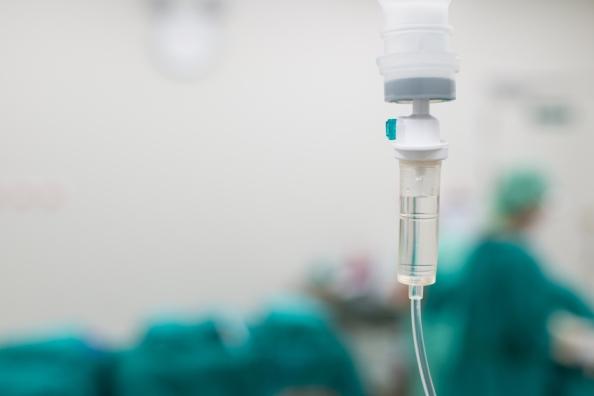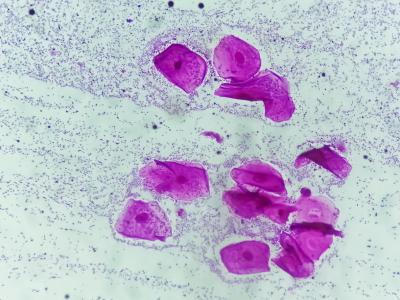Health authorities are investigating exposures for three more MERS-CoV cases in Riyadh, one of them fatal, quite possibly part of a growing outbreak mainly linked to one of the city's hospitals—King Abdulaziz Medical City—and its emergency department (ED).
In other MERS-CoV (Middle East respiratory syndrome coronavirus) developments today, a research team reported promising findings in animals for a DNA-based vaccine against the virus.
Rising Riyadh cases, deaths
The three latest cases announced today by the Saudi Ministry of Health (MOH) all involve Saudi citizens, and none are in healthcare workers. Two are men, a 63-year-old who is hospitalized in critical condition and an 86-year-old who died from his infection. The third patient is a 77-year-old woman who is hospitalized in critical condition.
The MOH update doesn't say if the new cases are linked to the hospital outbreak, only saying that the patients' contact with other MERS patient is under review. But the King Abdulaziz Medical City said in an Aug 15 press release that in addition to 35 illnesses that had already been confirmed, most of them in people who had visited the ED, a number of suspected MERS cases were under investigation there.
Currently, 40 people in Saudi Arabia are still being treated for MERS-CoV infections and three are in home isolation, according to the MOH.
Saudi officials also reported three additional deaths in previously announced cases. All involve men age 65 and over from Riyadh, and all had underlying health conditions.
The MOH said two men from Najran, one of them a foreign national, have recently recovered from their infections, bringing the total number of recoveries since the virus emerged in 2012 to 592.
According to the MOH, the new cases and deaths move the country's MERS numbers to 1,118 illnesses, 483 of them fatal.
Vaccine shows promise in animals
An experimental MERS-CoV vaccine developed by a research team from the National Institutes of Health (NIH) prevented infections in macaques, according to a study, today in Science Translational Medicine The study also found that the vaccine triggered antibodies against the virus in camels.
The large group of scientists who conducted the study are from NIH's National Institute of Allergy and Infectious Diseases, Public Health Canada, Inovio Pharmaceuticals, the University of Pennsylvania, the University of Washington, and the University of South Florida.
The disease can cause severe, often fatal, respiratory infection. However, so far there are no vaccines or drugs that target the virus, thought to be harbored by camels. The virus has been linked to large hospital outbreaks, including recent ones in South Korea, the current one in Riyadh, and others in Saudi Arabia. In its most recent update, the World Health Organization (WHO) said it has received reports of 1,413 cases since MERS-CoV was first detected, at least 502 of them fatal.
The synthetic DNA vaccine against MERS-CoV is based on early work on one against SARS (severe acute respiratory syndrome), another coronavirus disease. The vaccine uses the MERS-CoV's spike protein to stimulate immunity, the NIH said today in a press release on the study. To counter virus mutations, researchers armed the vaccine with a synthetic consensus spike protein that has shown broad protection against a host of different MERS-CoV types.
Macaques were given a low or high dose of the vaccine, then given a virus challenge 6 weeks later. Vaccinated animals were fully protected, while the control group got sick with typical symptoms of the illness, including pneumonia. Investigators found no significant differences in protection between the low- and high-dose groups, and they also found no significant difference in antibody response after one or two immunizations, regardless of the dose.
The vaccine also induced neutralizing antibodies in mice, macaques, and camels.
Researchers concluded that the findings support further development of the MERS-CoV vaccine. For their next step, the team will explore how to condense the 6-week time frame needed to build protection, and their goal is for the vaccine to be a candidate for use in camels and people.
See also:
Aug 19 Saudi MOH update
Aug 18 CIDRAP News story "Hospital emerges as epicenter of Riyadh MERS outbreak"
Aug 19 Sci Transl Med study
Aug 19 NIAID press release





















